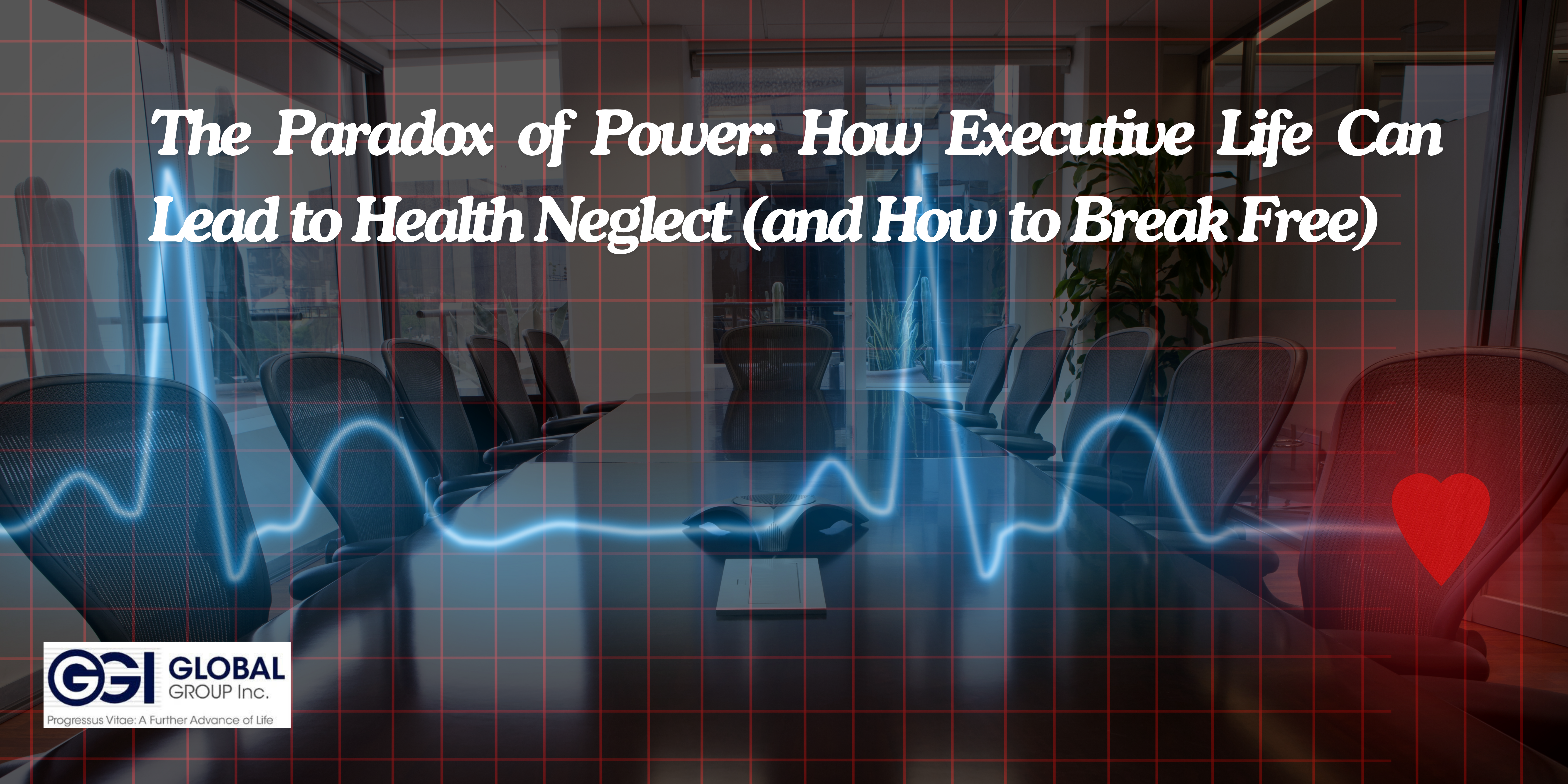The allure of the executive suite is undeniable. Power, influence, and the satisfaction of leading a successful organization are all intoxicating motivators. Yet, the relentless pursuit of these goals often comes at a hidden cost: a decline in personal health. This article explores the challenges executives face in maintaining a healthy lifestyle, delves into the data on their health struggles, and offers actionable strategies for breaking free from this paradox of power.
The Ever-Present Grind: A Day in the Life of an Executive
A 2021 study by McKinsey & Company revealed that the average CEO works a staggering 69 hours per week, with many exceeding 80. This relentless schedule bleeds into personal time, leaving little room for exercise, healthy meals, and quality sleep – all crucial pillars of well-being. Furthermore, a 2018 Harvard Business Review study found that executives experience significantly higher chronic stress levels compared to the general population. This stress translates to a weakened immune system, increased risk of heart disease, and even cognitive decline.
Beyond the Numbers: The Toll on Physical and Mental Health
The negative impact of executive life extends far beyond statistics. A 2022 survey by the American College of Occupational and Environmental Medicine (ACOEM) found that 70% of executives reported experiencing at least one symptom of burnout, including exhaustion, cynicism, and reduced efficacy. This burnout can lead to a cascade of health issues, including:
- Increased risk of obesity: Long hours often equate to unhealthy eating habits and limited time for physical activity.
- Cardiovascular issues: Chronic stress and sleep deprivation are major risk factors for heart disease and stroke.
- Mental health challenges: The pressure to perform and the constant “on” state can contribute to anxiety, depression, and even substance abuse.
Breaking Free From the Cycle: Strategies for a Healthier Executive Life
The good news is that executives are not powerless in this situation. By prioritizing well-being and implementing specific strategies, they can reclaim control of their health. Here are a few key steps:
- Schedule Time for Health: Treat exercise, healthy meals, and sleep as essential meetings, not luxuries. Block off time in your calendar and stick to it. Aim for at least 30 minutes of moderate-intensity exercise most days of the week and prioritize 7-8 hours of quality sleep.
- Embrace Delegation and Boundaries: Empowering your team and setting clear boundaries between work and personal life are crucial. Learn to say no to unreasonable demands and delegate tasks effectively.
- Mind-Body Practices: Meditation, mindfulness techniques, and yoga are all powerful tools for reducing stress and promoting overall well-being. Consider incorporating these practices into your daily routine.
- Seek Support: Don’t be afraid to ask for help. Executive coaching can be invaluable in managing stress, developing healthy habits, and achieving a better work-life balance.
The Bottom Line: A Healthy Executive is a Better Leader
Prioritizing personal health is not a sign of weakness; it’s a testament to strength and self-awareness. Studies show that healthy executives are more productive, make better decisions, and inspire their teams more effectively. By taking control of their well-being, executives can achieve a thriving career while maintaining a healthy and fulfilling personal life.
Remember, you are not just a leader – you are a human being. Commit to prioritizing your health, and watch your personal and professional life flourish.
Let’s continue the conversation! Share your thoughts and experiences on maintaining a healthy lifestyle as an executive in the comments below.
Sources:
- McKinsey & Company: https://www.glassdoor.com/
Salary/McKinsey-and-Company- Chief-Executive-Officer- Salaries-E2893_D_KO21,44.htm - Harvard Business Review: https://hbr.org/2023/08/how-
ceos-can-navigate-the- emotional-labor-of-leadership - American College of Occupational and Environmental Medicine (ACOEM): https://calmerry.com/blog/
stress/the-physical-and- emotional-effects-of-stress- on-the-body/
GGI’s Global Consulting Group works with life science and healthcare companies to build health equity.
Contact us so that we can help your company create and implement a path that leads society to a healthier, happier and more productive life.





